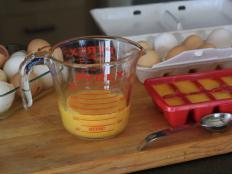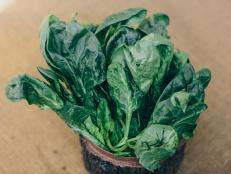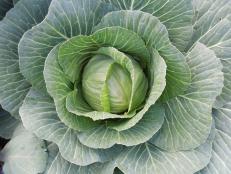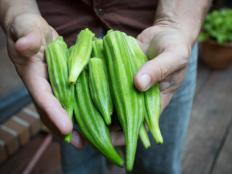Freezing Asparagus
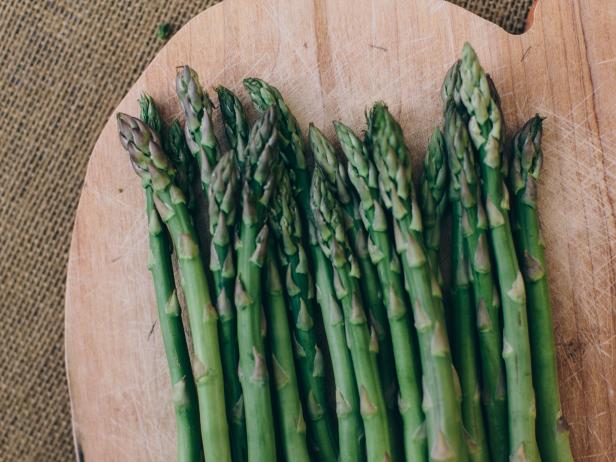
2013, Image courtesy of Ben Rollins
Can you freeze asparagus? Yes, you can. Consider preserving this nutrient-dense vegetable. It’s not difficult, and freezing asparagus keeps that one-of-a-kind flavor in season and on your table no matter the market price.
If you’re considering freezing asparagus, understand that you won’t get the same crisp, snappy results you encounter with garden-fresh stems. Once spears freeze, ice crystals puncture cell walls in the succulent stems. The result is somewhat mushy. That delicious tooth-tender crunch that makes asparagus an ideal partner for pasta or salad disappears as asparagus freezes. Simply put: Frozen asparagus often lacks a firm texture
On the flip side, frozen spears pack all the flavor you know and love. They don’t need to be thawed before using and make a wonderful addition to casseroles, quiche, and soups. They’re also ideal for making sauces and chopping into fresh vinaigrette or dips.
Start with homegrown or locally raised spears for the best flavor. Choose spears at least pencil-thick with tight, compact tips. Thicker spears hold up better. Wash spears and remove tough ends and scales. Compost the tough ends, or toss them into a freezer bag to use later for making tasty stock or asparagus soup.
Freeze Vegetables From Your Garden
See All PhotosSort spears by size, for two reasons. First, because blanching times are based on spear size. Second, it makes it easier to package your asparagus. After blanching, it’s important to package spears quickly and efficiently to get them into the freezer as rapidly as possible. Fast freezing is a secret to reducing the post-freeze mush factor.
Once you have sorted spears by size, decide how you’ll package them for freezing. You’ll get best results placing asparagus into freezer safe zipper bags or vacuum-sealed packages. Pack them in the way that permits the least air to surround stalks after freezing—another key to overcoming mushiness. Trim stalks as needed to fit your packaging.
You might want to freeze a bag of chopped spear pieces, depending on how you’ll ultimately use the asparagus. Sliced asparagus speeds up meal prep, especially when you’re adding them to soup, egg dishes, or stir fries.
Blanch small spears 2 minutes, medium spears 3 minutes, and large spears 4 minutes. Add up to one pound of asparagus to the boiling water at a time. Be sure to have ample water in the pot so it returns rapidly to a boil, or you risk overcooking the asparagus, which also contributes to post-freeze mushiness.
Blot spears dry quickly before placing in the freezer. You have two options for freezing: individual quick freeze or package freezing. With either method, working quickly reduces the amount of mush your frozen product will have.
Quick-freeze spears individually on a cookie sheet. Place the sheet near where the cold air enters your freezer for the fastest freeze. After they’re frozen, tuck spears into freezer bags in bulk, removing as much air as possible. Remove spears as needed for cooking.
For packaged freezing, place spears into freezer bags and remove as much air as possible. Don’t overpack bags, but work to keep spears in a single layer for quickest freezing. Freeze bags as flatly as possible. Once bags are frozen, pack them into your freezer to maximize space use. For best quality, use frozen asparagus within eight to 12 months.
How to Freeze Vegetables
Learn methods for freezing vegetables so you can have fresh taste long after the growing season ends.







